Will Quaid-i-Azam Zindabad save Pakistani cinema?
Red telephone booths, graffiti-painted trashcans, shiny vintage cars, twirling umbrellas, big production lights in the background shining straight at the viewers — the grounds of Frere Hall in Karachi are littered with colour-splashed zaniness.
Doubling as the set of 'Loota Rey', a peppy romance song from Quaid-i-Azam Zindabad (QAZ), the quirkiness of the environment is easily overpowered by the apparent eccentricity of lead actor Fahad Mustafa (Mahira Khan, his co-lead, despite the ‘latka-jhatkas’ looks elegant).
In QAZ, Fahad’s character plays a dirty cop with sharply twirled mustaches (that is, I’m assuming he’s dirty) who, for this song, has traded away his gray wardi (uniform) for a short black jacket with big, gaudy red flowers on each side.
As he jigs to the beat, Fahad intermittently flaps open the insides of his jacket, where big black-and-white pictures of the leading actress are stapled.
“Smooth. Now there’s a reason this man is still single,” I think aloud.
As the fast-paced romance song reaches its climax, a familiar face, smiling ear-to-ear, splits Fahad and Mahira with a merciless, unchoreographed dance move.
Can Nabeel Qureshi and Fizza Ali Meerza’s nearly completed Quaid-i-Azam Zindabad, starring Fahad Mustafa and Mahira Khan, mark the turnaround Pakistani cinema desperately needs right now? Icon offers a first look...
The face belongs to Nabeel Qureshi, the director of QAZ, and his entry provokes hooting by the people in the colour grading room of the post-production house Sharp Image, where the film is being finalised.
Nabeel insists that his oddball cameo will bring good fortune to QAZ’s box-office. “Load Wedding didn’t fare well because it didn’t have my cameo!” he argues in retaliation to the booing.

If a cameo brings success, I suggest Nabeel slips one in, in every film he makes. But then QAZ may not need that much luck to begin with.
The scenes trigger a familiar sense of ease: they’re faintly Bollywood, undeniably Pakistani, and definitely Nabeel and Fizza-esque (Fizza Ali Meerza is Nabeel’s co-writer and producing partner). More than anything though, it makes policemen in uniform look “cool” on the big screen.
And yes, I mean the big screen, because the song, and subsequent footage from the film, were either projected through a professional projector or shown on enormous screens connected to computer terminals.
In the editing room, a teaser trailer is being fiddled with. Despite the few placeholders here and there, the cut looks like a million bucks. Rolling up his extremely tight short sleeves, flexing his pumped-up biceps, there’s a hero shot of Fahad in police officer uniform, beating the stuffing out of hooligans.
Then there’s a shot of a kid holding a five rupee note (presumably from a flashback which ties into the gist of the story), inserts of the aforementioned song, a car chase on the highway, a gargantuan stack of money on a cargo plane (I’m told the climax alone is one-quarter of the film’s budget). This teaser ticks every checkbox an awaami [mass-appeal] film needs to be a big hit.
Still not satisfied with these exclusive first looks for Icon, this writer requests more.
A laptop with the editing software open is brought into the room. In it is (I’m assuming) Fahad’s big entry in the film: an action sequence set in a shed where Fahad’s character takes out baddies in a mix of slow and fast motion shots. To up the ante, there’s even a Matrix-inspired bullet-time shot, where the camera swivels round the character as he dodges projectiles.
People will scream Singham and Simmba (and as an afterthought, Dabangg) when they see this scene, I tell Nabeel once we’re done with the previews.
Both Nabeel and Fizza remain unperturbed by the comparison; at least they are with a financially successful, crowd-pleasing movie.
“I love Simmba and I love Singham,” Nabeel says, denying the story’s similarity to any Bollywood film. But then again, they’ve always been compared, he continues.“Load Wedding was [inexplicably] compared to Rab Ne Banaadi Jorri, Actor In Law with Jolly LLB and Na Maloom Afraad [NMA] was labeled as a knock-off of Hera Pheri when the trailer came out. As long as people are entertained, I’m cool with comparisons,” he says.
It’s often a matter of cultural and geographical familiarity, he goes on.
“I’ve grown up watching Bollywood films — it’s not that I don’t watch Hollywood — but our faces, our way of living is the same [as of those from across the border],” he adds. “No matter how ‘angrez’ [Western] we make our stuff, our direct comparison will always be with Indian cinema, not Ertugrul,” Nabeel says. “Also,” he adds as an afterthought, “this is a police-action film, which Bollywood makes in abundance.”
Despite some recent forays (The System, Geo Sar Utha Kay, Daal Chaawal), the cop action movie genre remains a largely unexplored niche in Pakistan, probably because we’ve grown accustomed to looking down on, and ridiculing, our police force.
Load Wedding was [inexplicably] compared to Rab Ne Banaadi Jorri, Actor In Law with Jolly LLB and Na Maloom Afraad [NMA] was labeled as a knock-off of Hera Pheri when the trailer came out. As long as people are entertained, I’m cool with comparisons,” Nabeel says.
“We’ve never glorified our police the way Bollywood does,” Nabeel says, “but after QAZ’s release, if other filmmakers follow suit, then people will not make that comparison. They’ll say that [whatever film in the same style comes next] it will be like QAZ.”
Filmwala, their production shingle, prides itself on telling original, culturally relevant stories that get noticed, they say.

“We get really happy when someone from India calls us up and asks for the rights to our film. An Indian Punjabi production house wanted to remake Load Wedding. And Actor In Law was dubbed in two regional languages in India,” Fizza tells me.
Since the first time I spoke to Fizza years ago — before the release of the first NMA — I’ve known her and Nabeel to be an eager pair, always ready to start off on their next production. In one of my previous meetings at a press junket for Load Wedding, they had told me that they were already finalising their next idea, which I’m guessing became QAZ.
After a string of socially relevant comedy dramas, was the shift to make an out-and-out commercial action movie a deliberate strategy, I ask?
The type of movies they make are largely dependent on what he and Fizza are feeling at the time, Nabeel explains.
“At the time of Load Wedding, we felt the need to tell that story and make that type of film. This time it’s this. We never thought of following the market trend. The day we do that, I think we may end up making a bad movie.”
Their last two films — Load Wedding and NMA 2 — evoked a divided response between critics and audiences, I tell them.
“Every film has flaws, no film is perfect,” says Nabeel. “As directors, producers, writers, we see the flaws beforehand. Some flaws are picked up by everyone, others are visible only to the makers and the actors, and they slip by the audience without a hitch.
“NMA 2, I think, didn’t connect that much with the audiences. In hindsight, we sometimes think that the film would have been more relatable if we had shot it in Karachi and not South Africa,” he muses.
“The moment the business falters, we start seeing the shortcomings,” Nabeel continues. “If the film was a super-duper hit, then no one would have been nitpicking the flaws in the first place.”
As our conversation leads back to QAZ, I find that, despite my guessing the plot of the story, both Nabeel and Fizza are reluctant to spell out the exact details; some secrets, divulged in good faith to Icon remain confidential. Details like the cast — Javed Sheikh, Nayyer Ejaz, Mehmood Aslam, Erfan Motiwala, Beo Zafar, Saleem Mairaj, Qavi Khan — we’re allowed to divulge.
Given their prerogative to make commercial films with deep-rooted messages, Fizza does confirm that QAZ is overflowing with subtext — though not at the expense of storytelling.
“Some stories are part of your system, and your system is the part of the system that you’re brought up in,” she starts rationalising the gist behind their filmmaking philosophy.
“When we look around, we see things that hurt us, things that we want to see improved, thing’s we don’t want to see get changed at all. We see things that are better for us die out, or we see those things that are bad for us take root.”
While they cannot work every issue into their narratives, with QAZ she says, they’re concentrating on one particular problem that has embedded itself in our system: bribery and corruption.
“The term Quaid-i-Azam Zindabad [the act of bribery that sullies Quaid-i-Azam’s name because his image is on Pakistan’s currency] is a culture in Pakistan. And as unfortunate as it is, the term is used in the most negative way there is. We’ve become so suppressed and accustomed to this that it has become a part of our culture,” she expounds.
“When you think about it, the term is supposed to give you goose-bumps, evoke a feel of patriotism. But instead you’re just looking at [the materialistic value of] money.”
Will the film make a difference in the way the term is perceived, I ask?
“Insha Allah,” she exclaims. If one doesn’t feel embarrassed taking bribes, people would at least feel bad offering them, she says.
Our conversation eventually leads to the big elephant in the room: QAZ’s release date.
“Jis din humein dukaan khuli milaygi, hum samaan laa ke rakh dein gey [The day we see shops open, we will deliver our wares],” Fizza laughs. “The problem is that half of the shops are saying that they’re on strike.
“There’s always two ways of looking at things. One is the emotional way, and the other is practical. With the emotional way, I would want QAZ to come out as soon as cinemas open.” The practical way, of course, is to bide our time and wait for Covid-19 restrictions to ease and international releases to stabilise the market.

Despite the unpredictability, both filmmakers are still diligently at work. The visual effects, colour grade and final sound mix are currently in the final stage. The DCP (the final master print that cinemas play) will be ready by the end of October, Fizza tells me.
However, as much as they would like to release QAZ around the winter holidays, the decision to release the film is dependent on a multitude of factors, the top two of which are the slow financial returns to the producer from cinema owners, and the unanimous opening of cinemas — two topics Icon has covered extensively in the last few weeks.
“I’m respecting [the film exhibitors] by giving them my film when they need it. Please respect me by giving me the money when I need it, so I can make the next film,” Fizza says of the first problem.
“If I do a good gesture, they will respond back in the same way. [At least] my expectation is that,” she adds.
“We’ve come through a very, very tough time. If cinema is coming back, and we are still producing films, then we would have to respect each other. It’s not like one wheel can keep spinning while the other stops dead in its tracks. The car will not move forward. We both have to move in the same direction simultaneously,” she states.
The second problem — the opening of cinemas — is an extension of the first. Although international releases are scarce at the moment, waiting for Hollywood to take the first step, and then following suit, will eventually prove to be more damaging in the long run. Whenever cinemas open, the audience will not show up overnight. That is a fact, especially with the Bollywood ban.
With Quaid-i-Azam Zindabad, cinemas have their first real shot of opening with a bang. Seeing portions of the nearly completed product, I’m confident that Nabeel and Fizza’s film has the power to bring both the elite and the masses to cinemas by the hundreds of thousands. The filmmakers have taken the risk to deliver the coveted ‘Bollywood-like’ experience; the only thing left for cinemas to do is reciprocate in kind.
Published in Dawn, ICON, October 11th, 2020


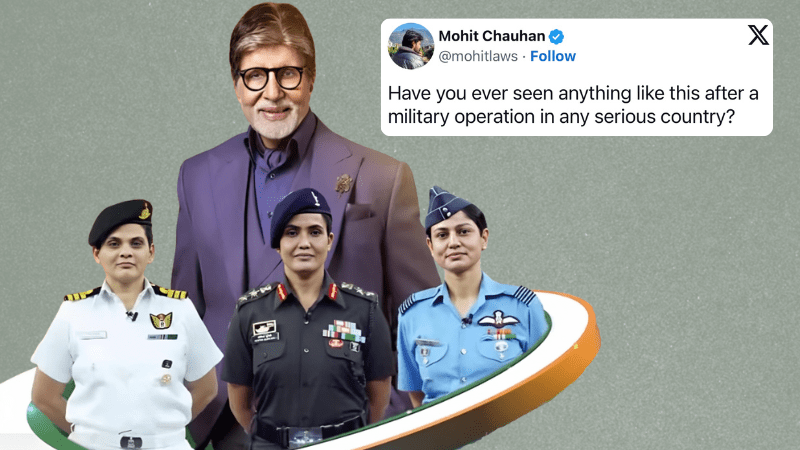
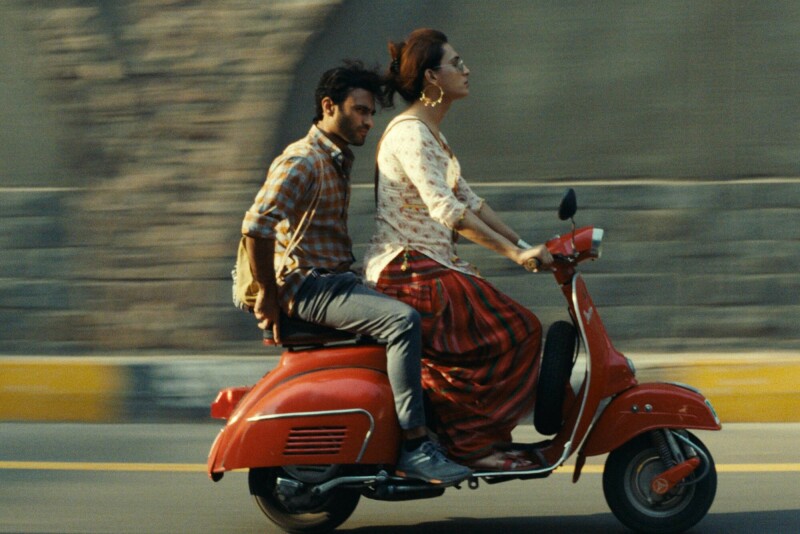
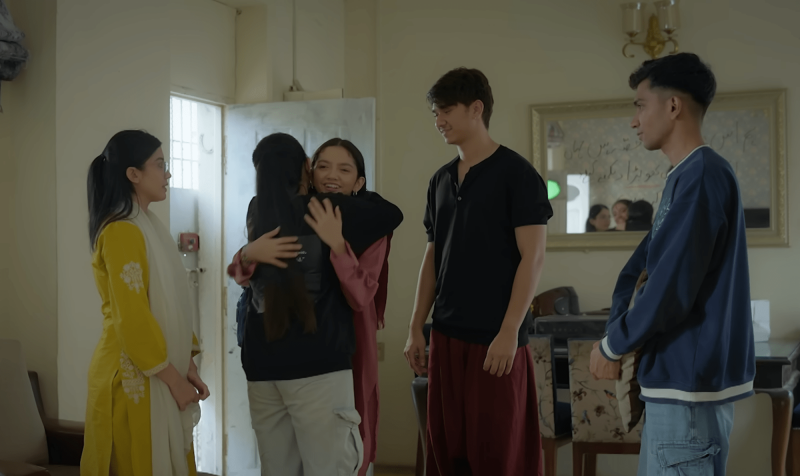



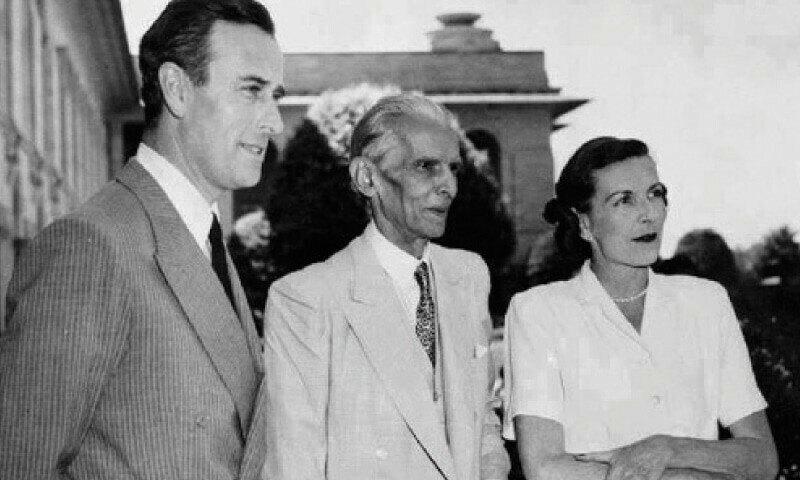
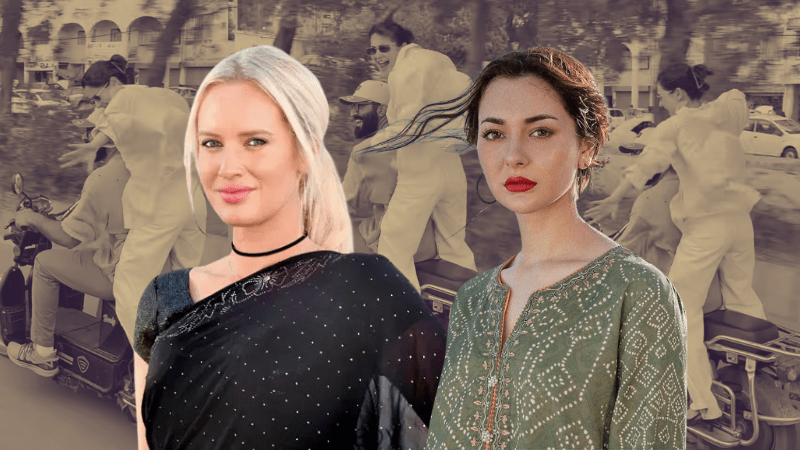


Comments